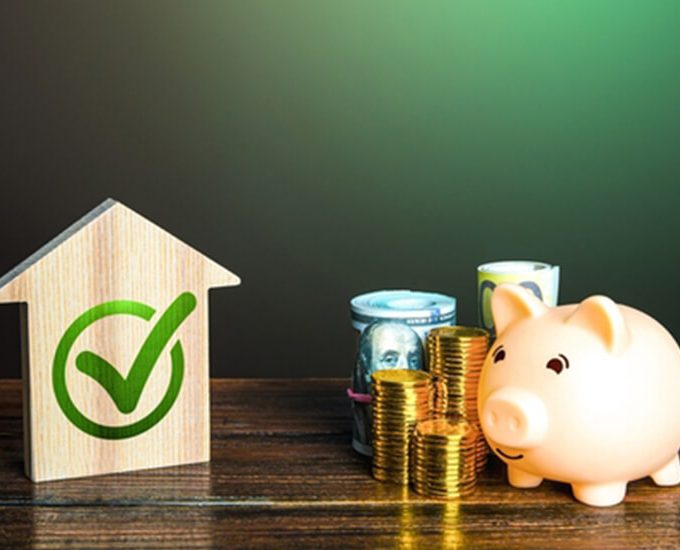Navigating the financial landscape often means dealing with loans – whether they’re for buying a home, starting a business, or funding education. While loans are beneficial and sometimes necessary, they also come with obligations. One of the biggest concerns for borrowers is the possibility of loan default. This blog post aims to elucidate the impacts of loan default on your financial health.
Understanding Loan Default
Loan default occurs when a borrower fails to fulfill the repayment obligations outlined in the loan agreement. This could mean missing payments, falling behind on the agreed schedule, or failing to maintain loan insurance, among other things.
The Consequences of Loan Default
Loan default can have far-reaching consequences on a borrower’s financial health. Here are some of the key impacts:
1. Credit Score Drop:
One of the most immediate and noticeable impacts of loan default is a significant drop in your credit score. Payment history is a major factor in determining credit scores, so missing payments can have a detrimental effect. A low credit score can make it more difficult to secure loans, credit cards, or even housing in the future.
2. Increased Interest and Fees:
When you default on a loan, lenders often impose additional fees and increase the interest rate as a penalty. This means the total amount you owe will increase, making it even harder to repay the loan.
3. Collection Efforts:
Once a loan is in default, lenders will likely initiate collection efforts. This could include calls and letters from collection agencies and might eventually lead to a lawsuit to recover the debt.
4. Wage Garnishment:
In some cases, if the debt remains unpaid, the lender can take legal action resulting in wage garnishment. This means a portion of your paycheck will be withheld to pay back the loan.
5. Repossession or Foreclosure:
If the loan was secured with collateral, such as a car or a house, defaulting could lead to repossession of the asset or foreclosure of the property.
Long-lasting Credit Impact:
A loan default can stay on your credit report for several years, impacting your financial health long-term.

Preventing Loan Default
The consequences of loan default are serious, but there are strategies to prevent default:
1. Keep Track of Payments:
Stay organized and keep a record of all your loan payments. Set up reminders for due dates to ensure you never miss a payment.
2. Communicate with Your Lender:
If you’re having trouble making payments, don’t avoid your lender. Many lenders have hardship programs or can work out a modified payment plan.
3. Seek Professional Help:
If you find yourself in financial difficulty, consider seeking help from a credit counselor or financial advisor. They can provide guidance and help you develop a plan to manage your debt.
4. Prioritize Your Debts:
If you have multiple debts, prioritize paying off the ones with the highest interest rates or the ones that are delinquent.
In conclusion, loan default can have serious and long-lasting effects on your financial health. The best way to manage loan default is to prevent it from happening in the first place through careful financial planning and prompt communication with your lender if difficulties arise. Financial prudence and an understanding of your loan obligations are your best tools in maintaining your financial health.

















